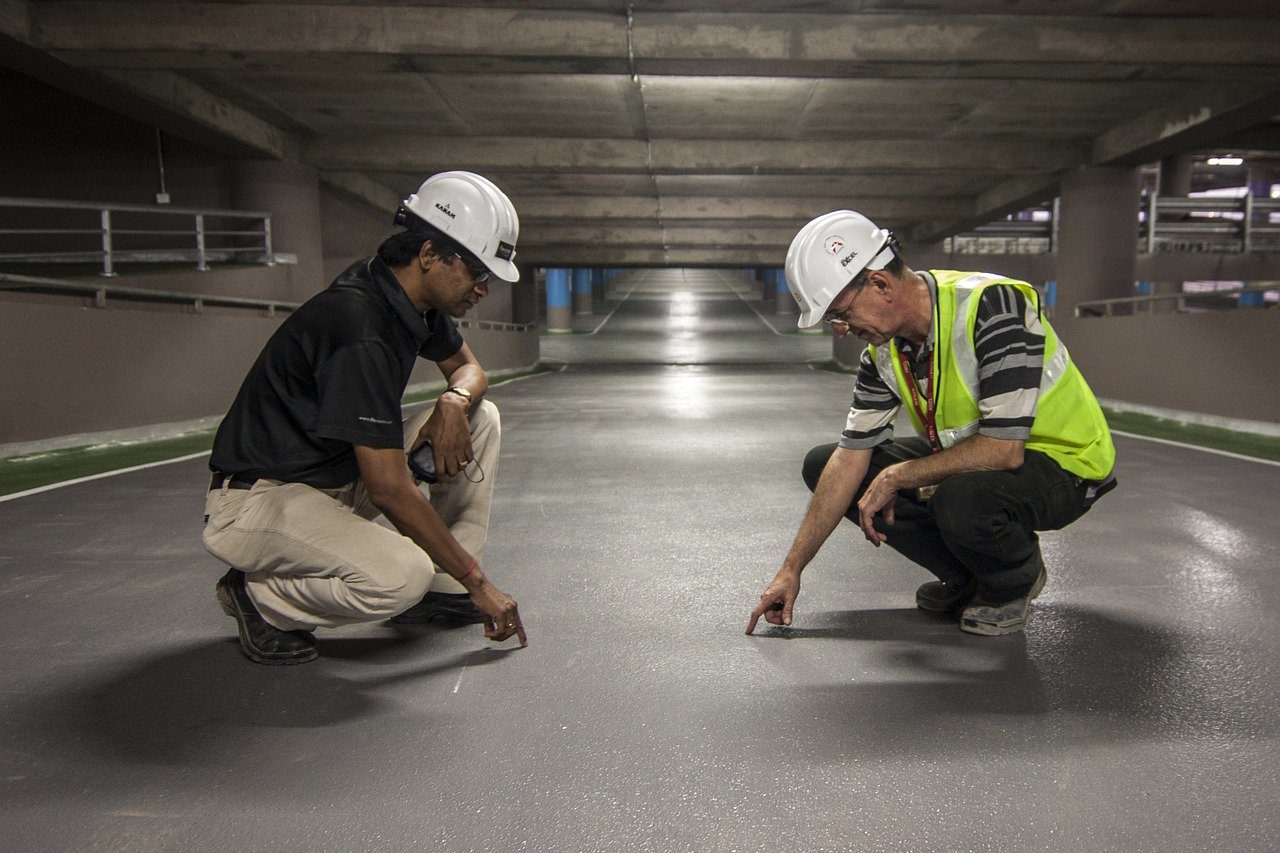How to decide Grade of Concrete for a Building?
The grade of concrete to be used in a building is determined by several factors, including the building’s structural requirements, its intended use, and its location’s environmental conditions. Consider the following factors when choosing the grade of concrete for a structure:
- Type of Building: The type of building, such as residential, commercial, or industrial, will determine the concrete grade required to meet the building’s specific structural requirements.
- Building Height: The building’s height influences the grade of concrete required to sustain the weight and forces generated by the building’s weight as well as wind or seismic loads.
- Loading Conditions: The anticipated loading conditions on the structure will assist in determining the concrete grade required to withstand the forces generated by these loads. This can include static loads, dynamic loads, atmospheric loads, and seismic loads.
- Environmental Factors: The environmental conditions in which the building will be located, such as climate and susceptibility to severe weather, can also influence the concrete grade required.
- Durability Requirements: The building’s intended use and anticipated lifespan will also play a role in determining the concrete grade required. Buildings subjected to severe environments or corrosive substances, for instance, may necessitate a superior grade of concrete with enhanced durability properties.
- Building Codes and Standards: Building codes and standards, such as ACI 318 and ASCE 7, outline the minimum strength and durability requirements for the concrete used in building construction.
After considering these factors, the requisite compressive strength of concrete can be determined by consulting a table of concrete strength values. This table outlines the minimum required compressive strength of concrete based on the variables. The grade of concrete can then be chosen according to the requisite compressive strength and other properties such as workability, durability, and material availability.
In conclusion, selecting the concrete grade for a building requires careful consideration of the building’s structural requirements, bearing conditions, environmental factors, durability requirements, and building codes and standards. By considering these factors, architects can select the most suitable grade of concrete to ensure the building’s safety, dependability, and durability.
Disclaimer: This content is provided solely for your review. Erusu Consultants takes no liability for this article. The reader is advised to form their own opinion. Please consult a structural engineer before making any final decisions.






